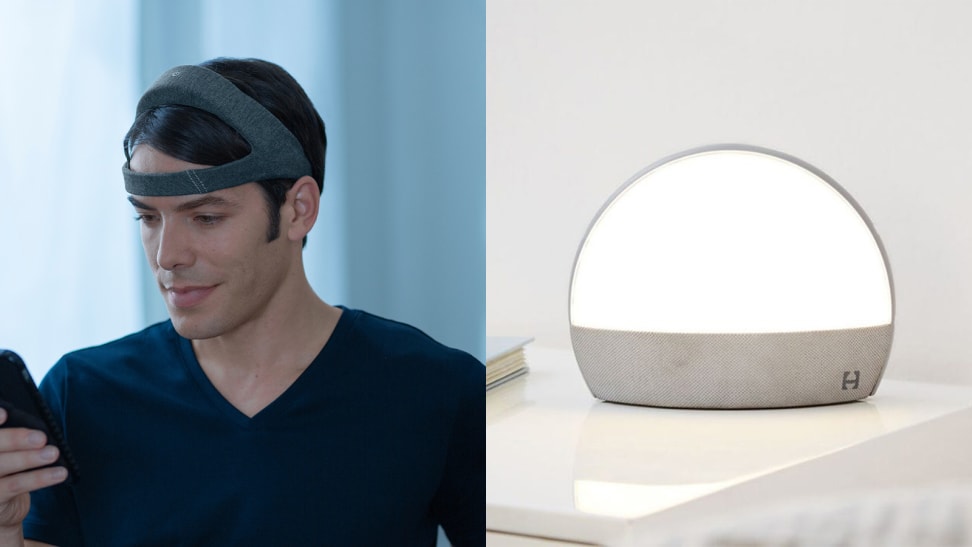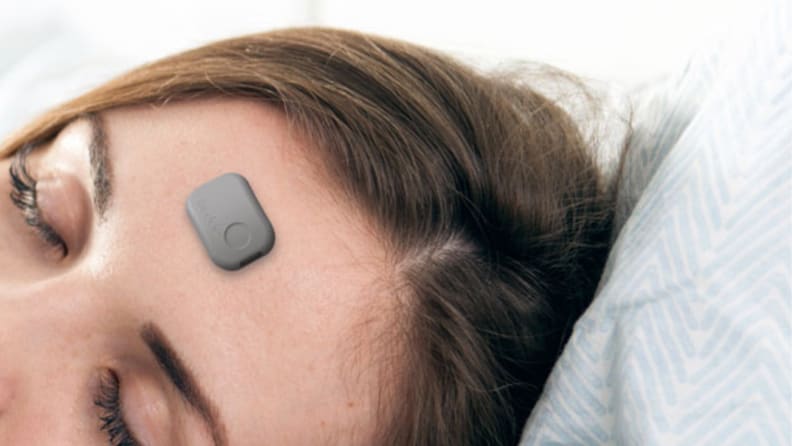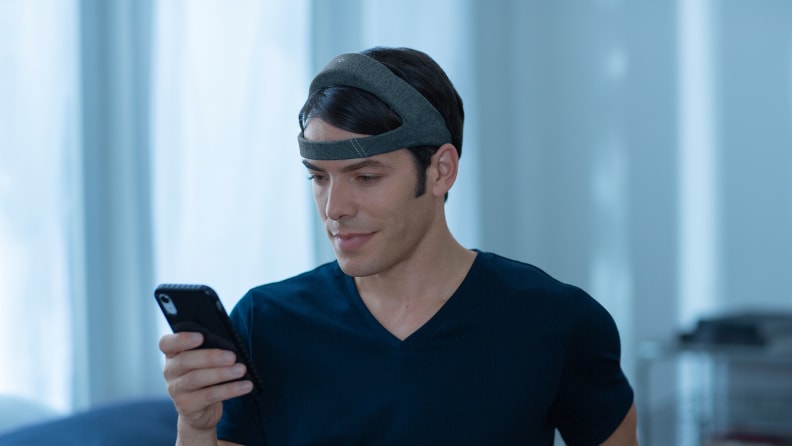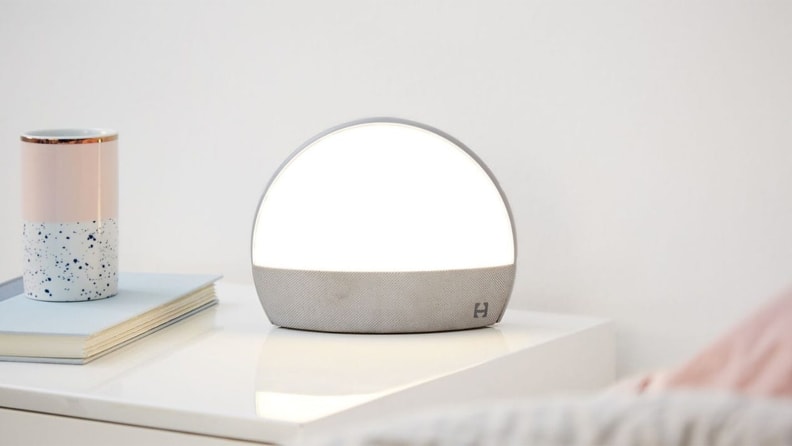Having trouble sleeping? These new products could be game changers
The sleep tech trends I can’t wait to try in 2020
 Credit:
Philips / Hatch
Credit:
Philips / Hatch
Products are chosen independently by our editors. Purchases made through our links may earn us a commission.
As a child, I possessed the enviable trait of being able to fall (and stay) asleep anywhere and wake up with more energy than the sun. When I hit adolescence, though, I struggled to wake up to my alarm clock and often found myself sprinting to catch my 6:40 A.M. bus to the middle school across town. (Sorry, Dad, for all the times you had to drive me because I overslept.) As an adult, I still awaken groggily to the alarm and I seldom feel well rested, despite falling asleep within moments of my head hitting the pillow and sleeping through all the cacophony of my noisy upstairs neighbors who drive my roommate crazy.
What I learned at CES 2020 is that, despite sleeping at least eight hours a night with zero interruptions, I am not practicing good "sleep hygiene" or habits that lead to good nights of rest. According to the CDC, these include being consistent with when you go to bed and when you wake up; making sure your room is quiet, dark, relaxing, and at a comfortable temperature; removing electronic devices from the bedroom; avoiding large meals, caffeine, and alcohol before bedtime; and partaking in physical activity.
While some these are habits I just need to deploy, others might require some outside help. These sleep tech products, coming out in 2020, could provide the solutions I need.
Beddr SleepTuner

The Beddr SleepTuner connects you with physicians who provide sleep coaching.
If you want to learn what’s happening to your body while your head is on the pillow, the Beddr SleepTuner is the gadget for you. The stamp-sized, sensor-filled device sticks to your forehead and detects breathing quality and rhythm, oxygen saturation, heart rate, and your sleeping position and its impact on breathing. Variations in these factors can indicate sleep apnea, a common disorder in which the sufferer's breathing repeatedly starts and stops, causing them to briefly awaken and therefore seldom or never achieve deep restorative sleep. But the aspect of Beddr that I’m most excited about is that all of this information isn’t just dumped on you in isolation. After wearing the device for several nights, you can sign up for sleep coaching from physicians through the Beddr app, so you can receive expert help from the comfort of your own bed.
Philips SmartSleep Deep Sleep Headband 2

The Philips SmartSleep Deep Sleep Headband helps you make the most of your deep sleep stages.
There’s a good chance Philips is part of your nighttime routine, whether you use one of the company's toothbrushes, its light-up alarm clock, or the older model of the sleep headband. Based on user feedback of the first model, Philips redesigned the SmartSleep Deep Sleep Headband, which uses sound waves to enhance the quality of the wearer's sleep, no matter how many hours they get. It sounds (pardon the pun) like pseudoscience, but Philips has done the research to back it up. The way it works, as it was described to me, is that the headset detects when the wearer is in deep sleep and it emits a barely audible tone that enhances the slow-wave activity of the sleeping brain, akin to how a parent might gently push a child on a swing. The new model employs bone conduction, or the use of vibration on the bone to create sound waves, rather than the over-ear speakers that emit sound of the first iteration. The new version also includes soothing go-to-sleep sounds and a gentle smart alarm that awakens the wearer in the lightest stage of sleep for less grogginess. You’ll get the best results by wearing the device nightly and you may immediately notice yourself relying less on coffee—even if that sounds unimaginable now.
Hatch Restore

The Hatch Restore mimics the sun to help you wake up easier.
Not all sleep aids have to be worn to deliver amazing results. Enter: Hatch Restore, a programmable nightlight designed by sleep experts to help you sleep better, from the time you climb into bed to when your morning alarm goes off. Using Restore’s companion app, you can customize sleep routines on the device, such as a 30-minute yellow light for bedtime reading, followed by a calming 10-minute red light for meditations, then lights-out for the period of time you’re sleeping and a light sequence that mimics the sun rising as your alarm. In addition, the Restore also functions as a noise machine with a sound library varying from white noise to water and wind.
The product experts at Reviewed have all your shopping needs covered. Follow Reviewed on Facebook, Twitter, and Instagram for the latest deals, product reviews, and more.
